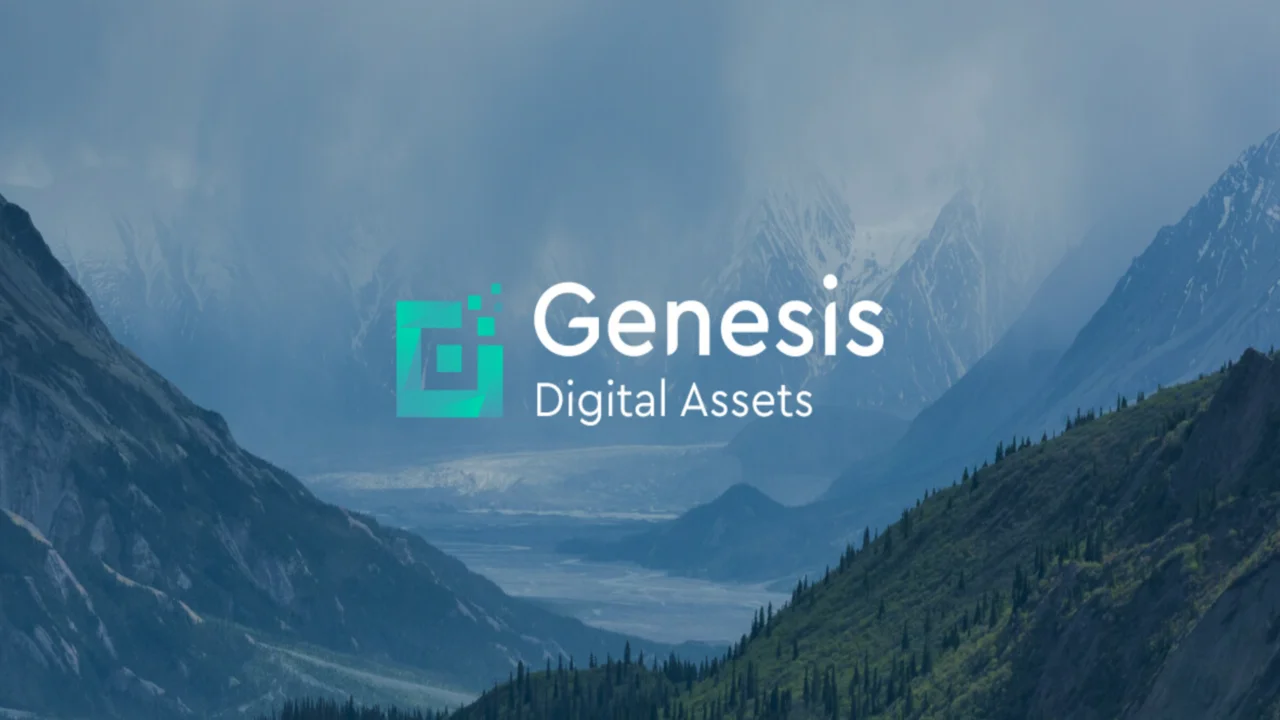I’ve spent too many late nights digging through fabs’ environmental reports—coffee in one hand, acronyms in the other. And still, I didn’t expect a project to pull the messy pieces together this fast. Enter GENESIS: a three-year EU effort to rewire how Europe designs, makes, and recycles microchips—without pretending performance doesn’t matter. It kicked off on 1 May 2025 and runs for 36 months. In my opinion, that’s tight… and exactly right.
What Exactly Is GENESIS?
Think of GENESIS as a pan-European pact: 58 partners, led by CEA-Leti, co-funded by Chips JU, EU Member States, and SERI (Switzerland). Budget headlines? The media peg it around €55M, which—let’s be honest—isn’t “moonshot” money, but it’s serious enough to move tools, not just slide decks. The goal: cut PFAS use, tame high-GWP process gases, shrink waste and water footprints, and reduce exposure to critical raw materials like gallium and indium. Launched publicly the week of 6–19 June 2025 across partner releases. As it seems to me, momentum matters as much as money here.
The four big work themes (translated from engineering to human)
- See it: real-time sensing for air and water so fabs don’t fly blind on NF₃, CF₄, SF₆, and friends. (Continuous over “clipboard once a quarter”.)
- Swap it: PFAS-free or low-PFAS chemistries for litho/etch/clean that still hit yield. (No greenwashing if wafers don’t pass.)
- Loop it: crank up abatement and close the loop on slurries, solvents, specialty gases—recycle, reclaim, reuse.
- Secure it: use less scarce inputs (CRMs), recover more of what leaves the line, and find substitutes where possible. In my opinion, resilience is sustainability’s quiet twin.
A Quick Field Note (The Human Bit)
Picture a process engineer in Dresden staring at an abatement dashboard at 2 a.m. The CF₄ trace spikes. Today: someone emails facilities, someone else checks a scrubber, data sits in silos. GENESIS wants a different rhythm—sensor → model → action—so the spike triggers automatic responses and the line learns from itself. Not magic. Just plumbing done right. And yes, I’m cheering for boring, robust plumbing.
Why now? Policy tailwinds + fab realities
GENESIS explicitly aligns with the Green Deal and European Chips Act. Translation: sustainability isn’t a side quest; it’s table stakes for capacity growth and permitting. Also—let’s be blunt—supply security for specialty chemicals and CRMs has become… twitchy. Prices jump, geopolitics swerves, P&L squeals. “Use less, reuse more” is suddenly not just eco-vibes; it’s survival.
From Slideware To Spin-Coat: How It’s Meant To Ship
Partners plan industrial validation—not just lab demos. You’ll see exploitation plans (who integrates what, where), training packages, and open-science outputs so smaller players can pick up the playbook. I like that. Knowledge hoarded helps nobody; yields love standard work.
Snapshot compare: “Old fab” vs “GENESIS fab”
| Dimension | Legacy approach | GENESIS trajectory (by 2028) |
| PFAS in wet & litho | Widely used resists/cleans | Qualified PFAS-free / reduced stacks |
| Emissions visibility | Periodic audits/logs | Continuous monitoring + feedback |
| Waste handling | End-of-pipe focus | Closed-loop reuse + better abatement |
| Critical materials | High exposure, price shocks | Substitution, reduction, recovery |
| Data flow | Siloed spreadsheets | Cross-tool dashboards + triggers |
Dates, Names, Receipts (Because Details Matter)
- Project window: 1 May 2025 → ~30 April 2028 (36 months).
- Coordinator: CEA-Leti (Grenoble); announcements on 6 June 2025.
- Scale: 58 partners across the value chain (LEs, SMEs, RTOs, universities, associations).
- Funding context: Chips JU with Member States; Swiss partners via SERI; coverage cites ~€55M. In my opinion, it’s enough to unlock multi-site pilots.
Mini-FAQ
PFAS-free resists—real or wishful?
Real R&D, real pilots; the trick is matching line performance and defectivity. GENESIS pools fabs, chemistry vendors, and RTOs so trade-offs surface fast.
Will sensing slow tools?
The goal is inline or near-inline telemetry that improves uptime by catching leaks/drifts early—think scrubber efficiency, chamber health, exhaust monitoring.
Is this just Europe talking to itself?
No. Environmental rules are globalizing, and supply risk doesn’t need a passport. Tech validated in Europe tends to travel—especially if it protects yield.
My Take (Short, Maybe A Bit Loud)
No, GENESIS won’t save the planet by Tuesday. But it stitches together the right levers—see/swap/loop/secure—on a timeline the industry can stomach. If partners land even half of this, Europe gets cleaner capacity and sturdier supply. Chips that sip, not gulp. That’s the kind of boring progress that, over time, feels like a revolution.
Sources for deeper reading
Project site and facts; coordinator and partners; launch and budget coverage; sensing/materials themes.
